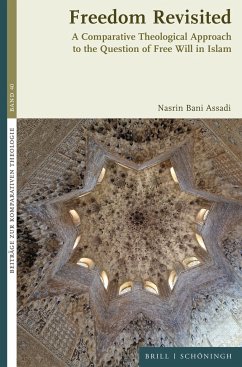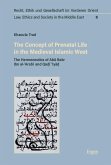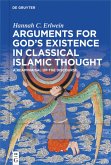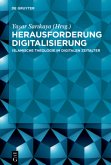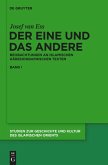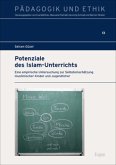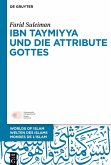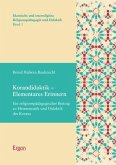Is the Qur'anic notion of faith reconcilable with a modern notion of freedom? The present work is an attempt to examine the possibility of a positive response to this question. Inspired by transcendental philosophy as developed by Kant and Fichte and later elaborated by Hermann Krings, the author provides a reformulation of the notion of faith in the Qur'an as "transcendental affirmation". It is argued in the book that faith in the Qur'an has to do with belief in transformation through affirmation, and that the lack of faith is associated with submitting oneself to systems of necessity and their immutability. It is obvious that in such a worldview there is hardly any place for freedom and for hope. Through the reformulation of the Islamic notion of faith as transcendental affirmation, the author has provided the possibility of speaking of transcendental freedom within the arena of Islamic Theology.
Bitte wählen Sie Ihr Anliegen aus.
Rechnungen
Retourenschein anfordern
Bestellstatus
Storno

